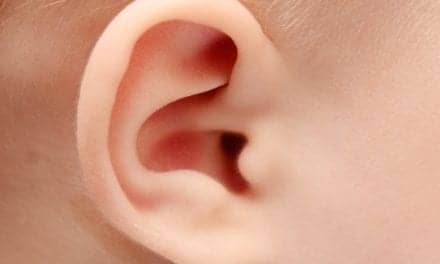For eight weeks this summer, Rochester Institute of Technology’s National Technical Institute for the Deaf (RIT/NTID)will reportedly be home to the “first all-deaf cohort” of the National Science Foundation’s (NSF) Research Experience for Undergraduates (REU), bringing deaf and hard-of-hearing students from across the country together to do research, RIT/NTID announced on its website.
The cohort of three RIT/NTID students, and one student each from the University of California, Berkeley; Eckerd College in St Petersburg, Flor; Gallaudet University in Washington, DC; Ohlone College in Fremont, Calif; Youngstown State University in Youngstown, Ohio, and Western Oregon University in Monmouth, Ore, includes six women and three men, all of whom are deaf or hard-of-hearing.
“Students were selected in a competitive process on the basis of who showed strong potential for research and fit in well with our current projects,” said Bonnie Jacob, assistant professor in the mathematical modeling program. “The projects are all from science and math, and include graph theory, astrophysics, biochemistry, and analytical chemistry this year. There have been other REUs that invite one, two, or a few deaf students each year, but we are the first REU to host a full cohort of students who are deaf or hard-of-hearing.”
A Research Experience for Undergraduates program generally runs in the summer for 8-10 weeks. Undergraduate students come from different universities, along with some from the home university, to be immersed in a research experience with guidance from a faculty mentor.
This particular REU is a three-year award from the NSF, and will run for three summers, with the grant totaling $303,000. Students are paid a stipend, receive housing and some meal support, and travel. They also have an opportunity to present their research at a conference. In addition to the research experience, RIT/NTID is adding writing coaching, a research boot camp that involves mathematical and scientific training and professional development sessions tailored specifically to students who are deaf or hard-of-hearing. They also will have presentations by invited guests.
“REUs are exciting programs because faculty mentors and students work side-by-side on original research,” Jacob said. “The opportunity to simultaneously make scientific discoveries while watching the students transform themselves into researchers is awesome. A full-time research experience over the summer often is a critical part of an undergraduate student’s preparation to go to graduate school or enter a career in a scientific or mathematical field. We are very excited about our group of students this year; they come from all over the country, have a diverse set of backgrounds, and also have a variety of career goals. They will come together this summer with the common thread of being undergraduate students who are deaf or hard of hearing and are eager to do science and math research. Several students have told me that they’re excited about the program. I know I am!”
For more on the project, visit the RIT/NTID REU website: https://people.rit.edu/bcjntm/REU.html.
Source: RIT/NTID
Image: RIT/NTID





